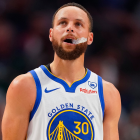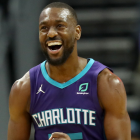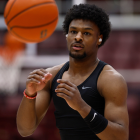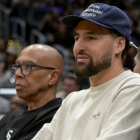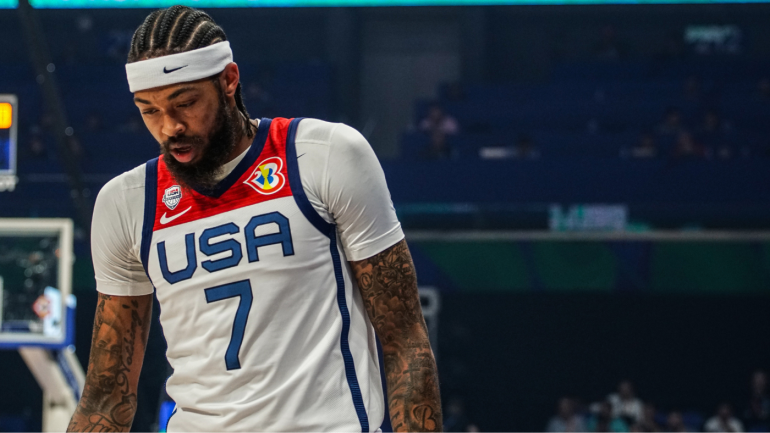
Brandon Ingram was expected to be among the most important players in Team USA's quest for gold at the FIBA World Cup. Instead, he's largely been an afterthought. Despite his status as a starter, Ingram averaged just 7.8 points per game during Team USA's exhibition games and then scored only two points in Saturday's first-round victory over New Zealand. Team USA hasn't lost yet, but as Ingram explained to The Athletic's Joe Vardon, he's still felt the impact of his struggles.
"This is totally different than what I am used to," Ingram told Vardon. "The team is winning right now, so I can't be selfish thinking about myself. But it's a little frustrating right now for me, and I'm just trying to figure out ways I can be effective."
Though few players publicize such frustrations, they likely aren't uncommon among Team USA veterans. Success in FIBA play, especially on loaded American rosters, looks very different than success in the NBA. Ingram is a superstar for the New Orleans Pelicans in large part because of his ability to create his own shot. Players who can do so are extremely rare in the NBA, and are therefore prized accordingly.
But Team USA has far greater access to talent than NBA teams do, and a one-on-one scorer is suddenly less meaningful when his team has half a dozen more of them. That puts the onus on any player suiting up for Team USA to find other ways to contribute, be they on defense, the glass or as a playmaker. Team USA has largely realized this and typically reserves a few roster spots for less accomplished NBA players knowing that those players will more readily accept role player duties. Tayshaun Prince, Andre Iguodala and Harrison Barnes have all contributed to gold medal winners in this way. Austin Reaves and Cam Johnson have impressed for Team USA under similar circumstances.
In Ingram, Team USA likely hoped it had found a reincarnation of Carmelo Anthony, famed for his "Olympic 'Melo" shift in playing style on the international stage. When suiting up in red, white and blue, Anthony turned into one of the world's deadliest catch-and-shoot threats while working hard on the glass and providing acceptable defense. He won three gold medals playing that way. Ingram, it seems, hasn't yet figured out how to adjust his own playing style in that way. Still, coach Steve Kerr remains confident.
"Nothing has really gone his way," Kerr said. "He hasn't had a lot of opportunities, but I think that'll change. I think his time is coming. He's just gotta stay with it. The thing I've learned with FIBA is every night belongs to someone new."
Ingram will have a chance to turn things around Monday against Greece, and Team USA's final Group C game against Jordan should be relatively painless. Things get harder from there, though, as Team USA will likely have to face a tough Lithuanian team, and once the tournament hits the knockout round, Kerr won't be able to take as many risks. If Ingram doesn't turn things around quickly, his role on Team USA could easily change before the biggest games arrive.










